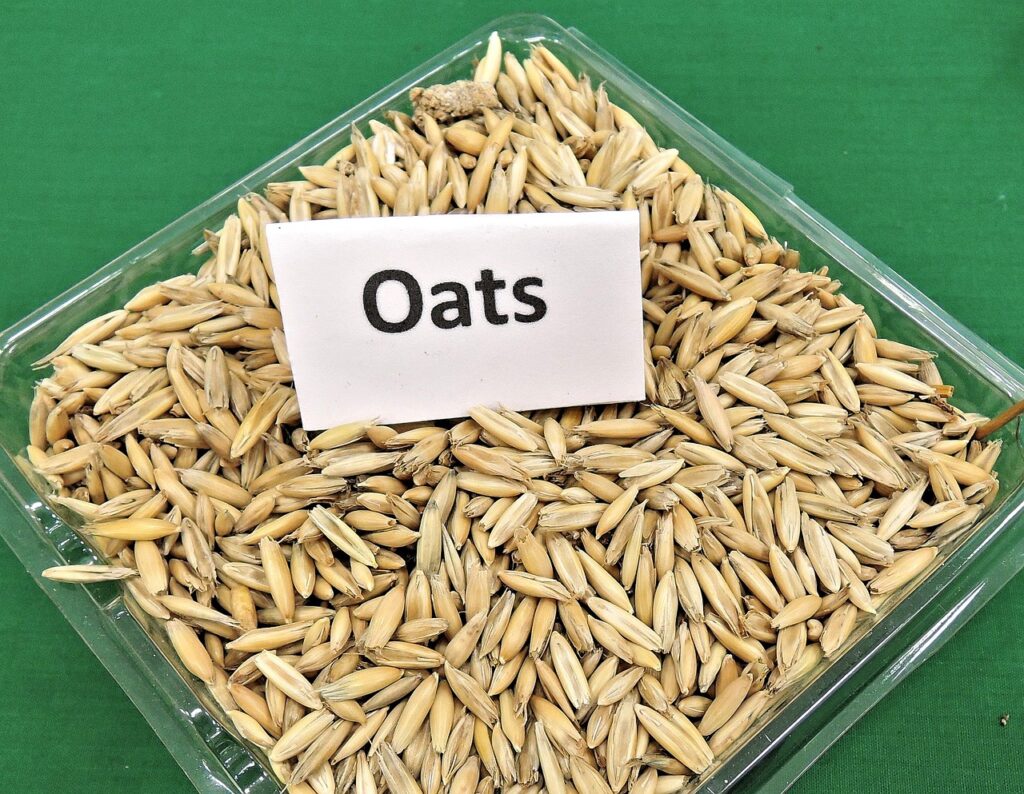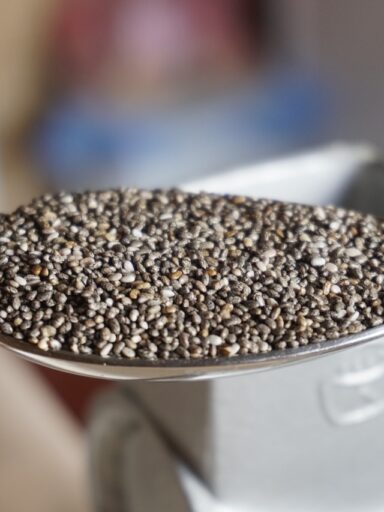
Oats are a complex carbohydrate , which is the body’s preferred source of energy. Complex carbohydrates are slowly digested and gradually release glucose (sugar) into the bloodstream. A steady supply of energy helps keep us full and energized throughout the morning while preventing crashes in blood sugar levels. Getting sleepy in the afternoon or shortly after having breakfast is one sign of a crash in blood sugar levels. .
One of the most prominent nutritional benefits of oats is their high fiber content. Oats contain both soluble and insoluble fiber, both of which play essential roles in supporting digestive health. Soluble fiber forms a gel-like substance in the digestive tract, which slows down the absorption of cholesterol. Cholesterol is a fat produced in our bodies and it plays an important role in hormone production. Insoluble fiber is not digested by our bodies. Instead, it passes through the digestive system and aids in regular bowel movements.
Oats are a good source of vitamins and minerals. They contain B vitamins, which are crucial for energy production and maintaining a healthy nervous system. B vitamins are involved in the production and maintenance of nerve cells and neurotransmitters (think dopamine, serotonin, etc.). Oats are particularly rich in thiamine, a type of B vitamin, which supports carbohydrate metabolism and plays a role in the conversion of food into energy. Oats also have trace amounts of minerals such as iron, magnesium, and zinc, which are involved in various physiological processes in the body.
From providing sustained energy and supporting digestion to offering essential vitamins, minerals, and antioxidants, oats are lowkey high key amazing.




